RAJAHMUNDRY: Soaring Temperature Brings Sweet Deals In This Summer For Watermelon Sellers

The Soaring Temperature Brings Sweet Deals In This Summer For Watermelon Sellers And Today Watermelons are ubiquitous during Indian summers.
RAJAHMUNDRY: With temperatures crossing the 40 degree celsius in Rajahmundry slowly, watermelon is coming into market to quench the thirsty of the people. The day temperature is increasing in the city and proportionately, the prices of watermelon also skyrocketing.
Already, watermelon and tender coconut sellers seem to be doing brisk business and expect sales to increase further post the Shivaratri festival on March 4, when the summer months traditionally begin.
Today, Watermelons are ubiquitous during Indian summers. Despite the increase in the price, consumers are more than willing to buy the thirst-quenching fruit. Watermelons also appear during the off-season. However, these fruits are seldom the delicious, crisp and sweet types found in the summer months.
Watermelons are coming from Ravulapalem, Sitanagaram, Kadiyam and from the surrounding areas of the city. The major stock points of watermelon are at Diwancheruvu, Lalacheruvu and Kambala tank, where the wholesale traders dump them.
Several vendors say the price of fruits like watermelon or coconut has been rising steadily in this summer. Most say their sales have gone up by 75 per cent. Currently, the price of tender coconut starts from RS. 20/- and goes up to Rs.35/- depending on the size and water content. Watermelon vendors said that the cost of the watermelon depends on its size per Rs.12/- to Rs.14/- per KG. The minimum price is Rs 70 and maximum is Rs 150 for good quality watermelons on each, he added. This is also expected to increase too.
Transporting of the watermelon has become costlier from the stock points or directly from the fields. As the temperature is increasing, many are purchasing watermelon which cools body. Watermelon is a source of income to fruit juice shops along with other fruit juices during this summer season.
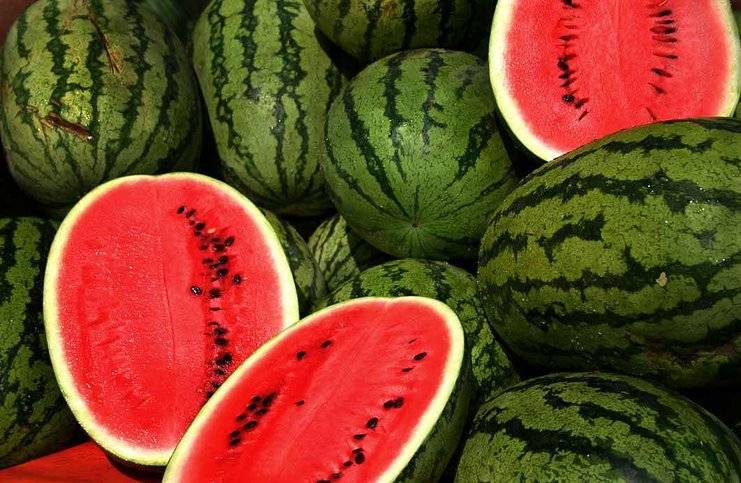
A word of caution:
Rosy red watermelon slices beckoning thirsty onlookers may not be au naturale—some sellers have a habit of injecting the fruits with red dye to enhance their appearance. Worse yet, the offending dye often used is “Sudan red,” a toxic, category 3 carcinogen banned by several countries. Determining which fruits have been subjected to dying is difficult, but a few tips are as follows: Avoid bright red watermelons and when in doubt, ask the vendor to cut the fruit as a way of examining it before purchasing.


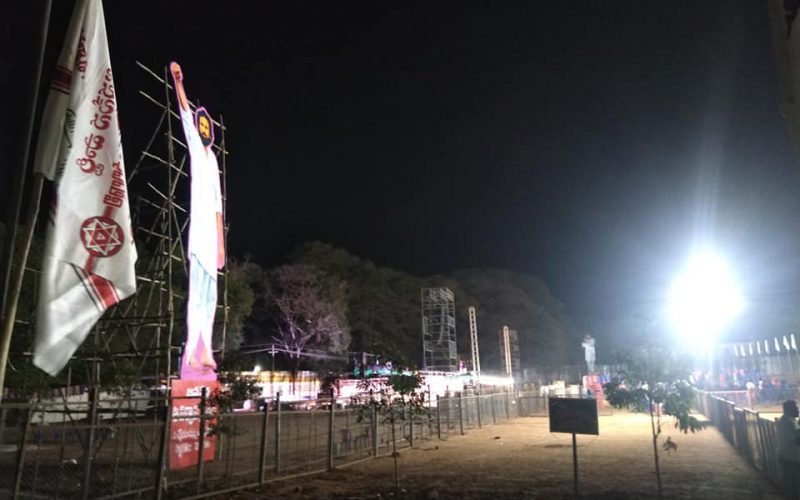
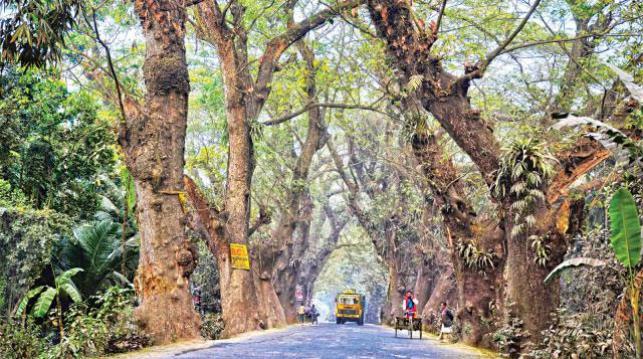


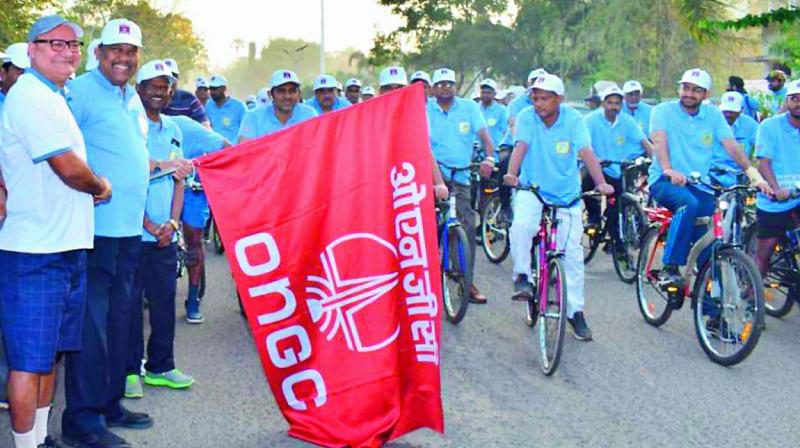
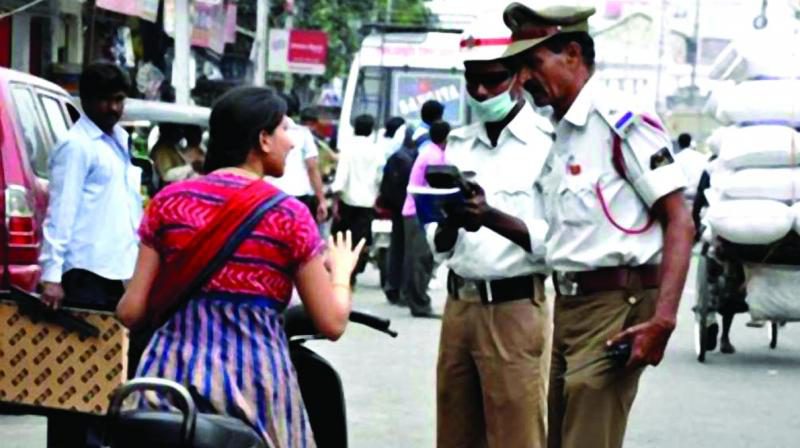
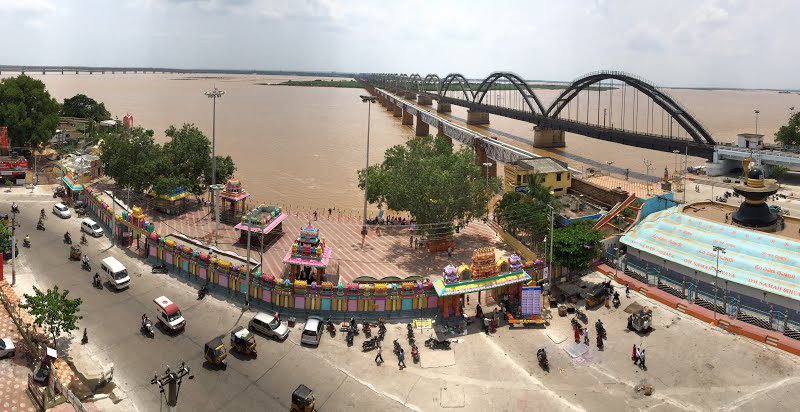



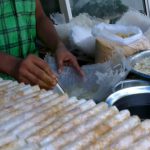


0 Comments